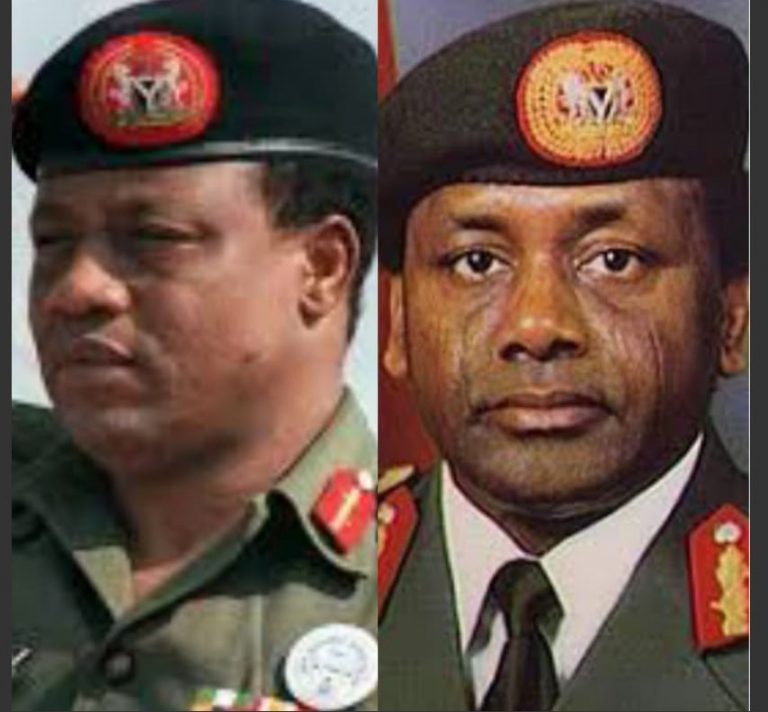Bayo Onanuga, Special Adviser to President Bola Tinubu on Information and Strategy, disclosed in a recent interview how journalists, including himself, played an important role in ending the military regimes of former dictators Ibrahim Babangida (IBB) and the late Sani Abacha.
Speaking on the ‘Mic On Podcast’ hosted by Channels TV presenter Seun Okinbaloye, Onanuga recounted their efforts during his time as an editor at the defunct African Concord magazine and later as the founder of TheNews magazine.
“Our journalism was centered on looking at people at the center point of issues rather than just looking at issues,” Onanuga stated. “We were fighting for democracy, for the rights of all Nigerians, and we were ready to lose our own convenience and everything to make sure that this country was well-governed.”
Reflecting on their stance against the military rule, Onanuga stated that instead of the military, it was better for them to have people who they will elect out of their own free will and not for soldiers because they have the guns to govern the people.
He recalled challenging Babangida’s regime and later Abacha’s, he stated their unbiased role in questioning authority and advocating for democracy.
“When Abacha took over and we found that he wasn’t ready to allow democracy to reign, we also began a new round of struggle, and when he died, we were very happy that he died,” Onanuga said.
He said “it was a people-centrered journalism that we were doing, so trying to focus on issues but focusing on them through the people who are in charge.
“Let’s say now, we have a problem of guinea worm like it used to happen in those days. We aren’t just looking at guinea worm as a disease, we’re looking at the people who are in charge of our health, people who are in charge of water and things like that, and we really began to question them.”
Onanuga also revealed his departure from African Concord magazine due to disagreements with his former boss, Chief MKO Abiola, over a publication titled ‘Has Babangida given up?’
He said, “What kind of leader was this?” he queried, adding that he said Babangida “had no business to govern Nigeria” if his measures were ineffective in developing the nation.
“Of course, he didn’t like what we did. And when my boss said I should apologise, I said no, there’s no point in apologising. I said I won’t apologise, I’ll rather just go,” he stated.
Onanuga added that upon leaving the media house, it degenerated into a chain of exits, saying, “And when I left, many of my colleagues also left with me.”
He noted that the exit led to the founding of TheNews magazine in 1993.
“If you believe very much in something, even at the risk of your life, it’s better you stick to it,” Onanuga said, when asked if he regretted his decision to apologize to Babangida despite pressure to do so, he said “It’s better to have some dignity.”
Onanuga noted that despite being perceived as a gentleman by most of the People who met him, his pen wielded a powerful force for change.



